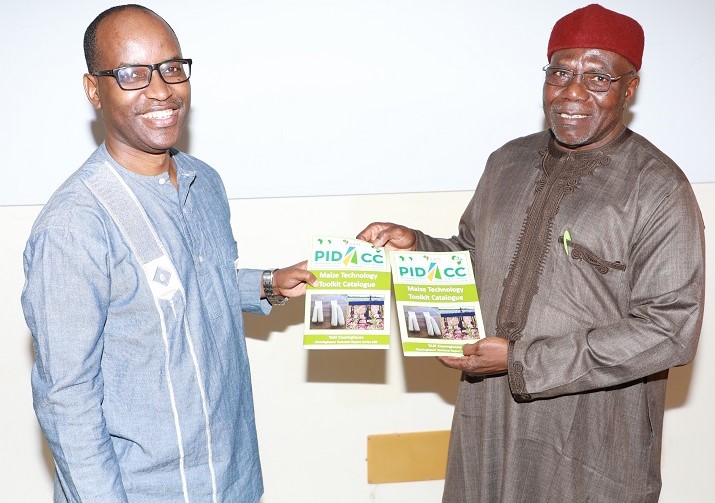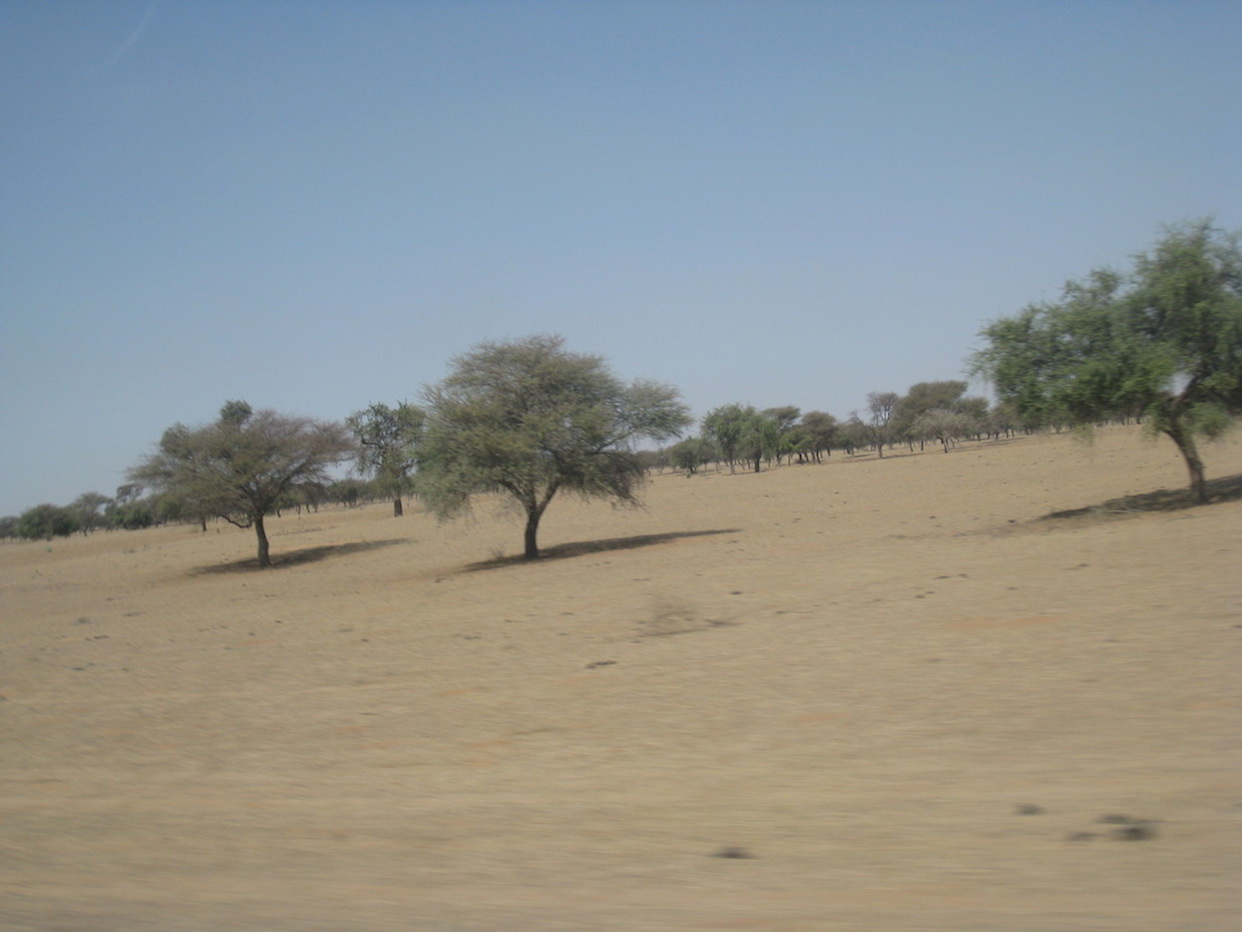
By Greg Odogwu
A couple of weeks ago, reports of a mysterious disease which killed people in Ode-Irele village in Nigeria surfaced with a major jolt to all of us. The disease was so deadly that it was killing its victims within 24 hours, effectively invoking a mass hysteria. Worsened by the potent arsenal of the social media which has turned many people into not-to-be-edited citizen journalists, confusion reigned. Scary pictures of diseased non-Nigerians were scooped from the internet and circulated as victims of the mysterious disease.
Thankfully, the country’s ministry of health declared that according to findings from post-mortems carried out on the victims and other laboratory tests, it was not the dreaded Ebola Virus Disease – from which Nigeria just recovered. It said it was neither contagious nor an epidemic. But, of course, because of fear of the unknown, the villagers and many others concocted unscientific fables around the killer disease.
It was reported that High Chief Moses Enimade, the Oyewoga of Ode-Irele attributed the deaths to a sacrilege done to Malokun, goddess of the village. According to him, the youths entered the shrine and made away with traditional items in a bid to acquire extra-ordinary powers and engage in money ritual. At that revelation, the villagers went into frenzied rituals of appeasement to the goddess.
Then, science kicked in real hard, as clinical and epidemiological findings pointed to the consumption of poisoned local gin as the true cause of the deaths. Following this disclosure, the local authorities immediately banned the production and sale of the local gin known otherwise as ogogoro, and warned the people to desist from consuming the locally brewed alcohol forthwith.
The reality is that because we have never been exposed to methanol poisoning on a large scale, that singular incident became a national crisis. However, it is obvious that many Nigerians, and indeed Africans, must have been dying from poisoned local gin for decades now.
Methanol is the simplest form of alcohol. It is closely related to ethanol, the type of alcohol normally found in beer, wine and spirits, but much more toxic. Methanol is formed in very small amounts during fermentation, the process by which alcohol is made from plant products like grape juice or cereal grains. Commercially made spirits are very safe because manufacturers use technologies specifically designed to ensure methanol is separated from the ethanol. But home brew systems are not technically advanced, which makes separation difficult. So, home distillation to make spirits like gin or rum or ogogoro is unsafe and a serious health risk.
In any case, the Ondo incident was able to highlight the spiritual evolution of Nigerians as a people, as it dramatically portrayed the perennial battle between science and religion.
The society, just like most African societies, is still undergirded by primordial superstition. Truth be told, even the so-called modern Christianity practiced mostly via Pentecostalism feeds in into this consciousness. For instance, many of us still believe that olive oil touched by a pastor has a certain level of power to protect our businesses, our properties and our family from harm. We also carry ‘blessed’ handkerchiefs for ‘divine favour’. And, surely, we paste stickers of our denomination’s ‘annual declaration’ because ‘the God of our church’ has made the token a weapon against our enemies.
Therefore, we should not be in a hurry to deride or laugh at the villagers of Ode-Irele who went en-masse to appease Malokun. We are like them in our own different educated levels.
But one thing I am interested in right now: To hear that one god, goddess or God is interested in the environment and wants to enforce a green agenda in Nigeria. Perhaps, this is already happening, because in a special feature story in The PUNCH newspaper of 30th April, it was reported that in Ojirame Afekunu, a village in Akoko Edo Local Government of Edo State in Nigeria, the belief that the local deity abhors dirt and dumpsites has made them so environmentally conscious and earned them the award of “Sanitation Village”.
It was reported that in the village dumpsites are forbidden, and villagers are compelled to keep their environment tidy at all times, as Attah, a popular deity in the village, abhors dirty environment.
An indigene of the town, Mr. Jude Ishelowo, was quoted to have said that in the village women sweep compounds and streets each morning. “The community is very neat and everybody adheres to the traditional code of cleanliness. You dare not go against it because there will be repercussions. If you are the type who falls ill all the time, it is not unusual for people to tell you to check your environment first before seeking alternative solution. They believe that the deity may be dealing with you.”
In fact, I suggest that African researchers go to this Akoko-Edo village to study their religious experience; their practice is a potential global revelation. It is high time the many Philosophy and Religion Departments in our regional tertiary institutions did come up with research documents from our various villages which are really rich in traditional religious experiences, nuances, and ingrained philosophies. As a multiple-ethic region, Africa’s spiritual evolution is as diverse, rich and interesting as its cultural evolution.
For those that look down on traditional religions and refuse to give the practitioners space, I dare say that it is high time we realised that spiritual evolution is an inevitable aspect of human evolution. Religion must be flexible, progressive and reflective of societal dynamics. The Western world’s development can be loosely calibrated against the epochal landmarks of its religious journey. It used to be animistic, then philosophical, then monolithic, then rational, then liberal, then new age, and now secular.
For those who think that the White man has lost his religion and in self-delusion believe we are taking religion back to them, the reality is that even when we criticize the White man, it is self-deception at best. They have left us at the monolithic stage – we are still stuck with Christianity, Islam, and perhaps a little bit of New Age.
If we really want to make a statement, maybe we should repackage our own traditional religion into global brands, and stop looking for enemies where there are none. Like it or not, religion in its various forms will remain a force till the end of time. Religion always helps guard the survival of the society; which was why in our traditional society the gods were the ultimate – and merciless – judges.
In the early 70’s, as environmental pollution threatened to make humans extinct as a result of industrialisation and corporate greed, it seemed God threw another one at us: New Age Movement, which told its adherents that the Earth was a living goddess (Gaia by name) and should not be hurt or harmed via eco-crimes and malpractices.
What is more, UFO religions also taught that our so called space-brothers were worried for the way we carried our unsustainable lifestyles that threatened the ecosystem. Enthusiasts and UFO researchers insist that this was the major reason the UFO/alien visitations became intense after the nuclear bomb destruction of Hiroshima and Nagasaki, and the following increase in nuclear research and weaponry manufacture.
Today, Pope Francis has invoked another law for the billions of catholic faithful and other Christians that believe in his spiritual authority: That sin against the environment is sin against God. Last month The Vatican held a one-day conference on climate change, and the Pope is expected to deliver a papal encyclical on the environment in June. Many conservatives have now risen against him. But if you asked me, the world should not hesitate to support any religion or religious figure that takes a bold step to tame a polluting, wasteful, eco-recalcitrant world.











